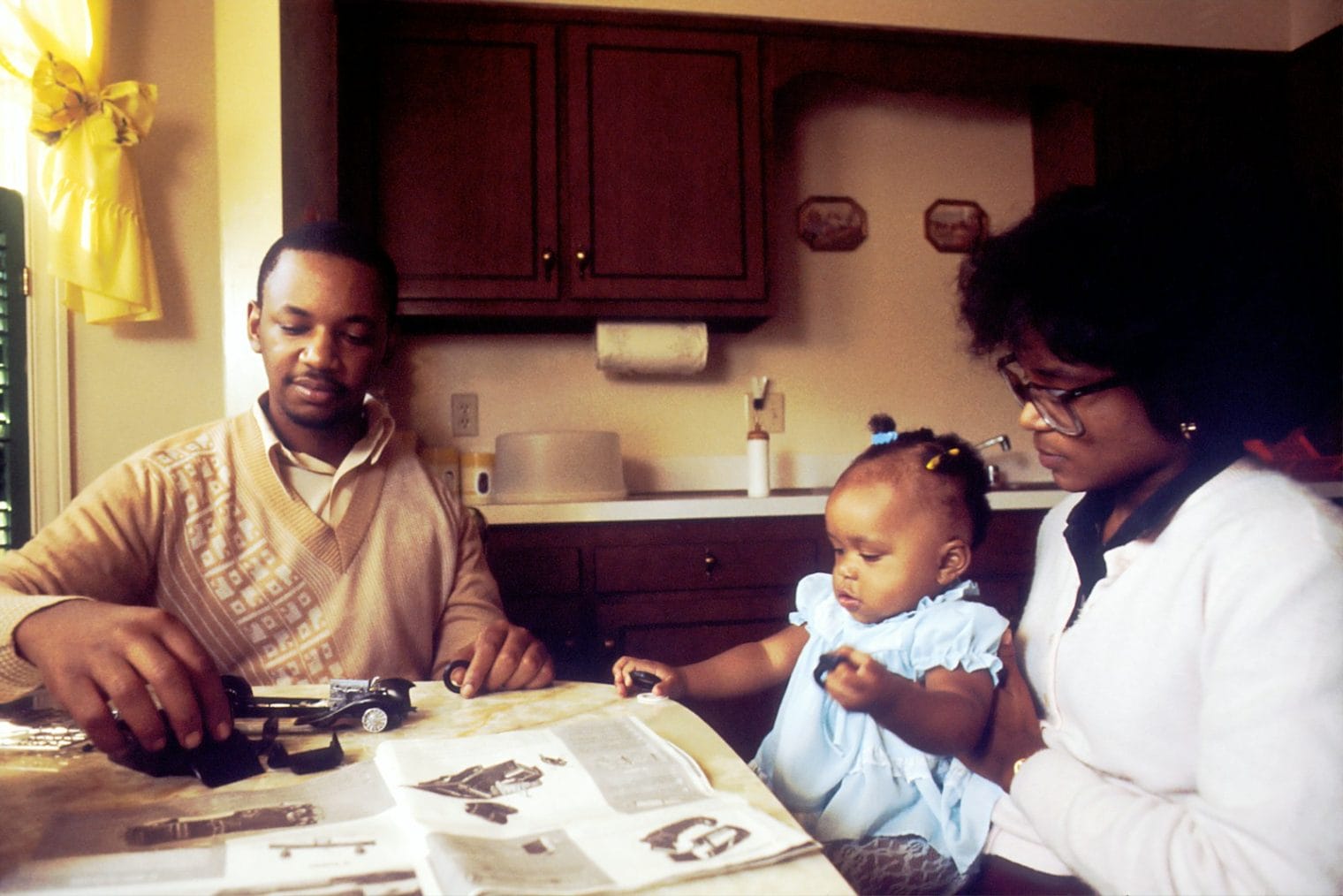Your cart is currently empty!

Family-Based Therapy
In family-based therapy, psychological and emotional disorders are treated by working with every family member. Instead of focusing solely on the individual, it takes a systemic approach to the family and considers how family interaction style impacts the individual. Various issues are treated with FBT, including eating disorders, substance abuse, and behavioral problems.
During therapy, family members are empowered to make positive changes and improve communication. Through treatment, the therapist helps families identify and address problematic behaviors and develop healthier interactions.
Responses to “Family-Based Therapy”
cFGoDfBdreW
I0waCIZTGCI
k38DskmLgL9
NthTYQsZoTN
Touched by what you read? Join the conversation!
-

Learning Differences In Asian Students
Studies have shown that learning differences are as common among Asians as they are among other countries. Between 5% and 9% of the general population is impacted while approximately 6.3% of Chinese children live with ADHD, nearly 1% live with autism, and 11.32% of Indians, 26.2% of Indonesian, 2.49% of Pakistani, and 7.7% of Japanese children live with ADHD.…
-

Applied Behavior Analysis (ABA)
Applied Behavior Analysis, or ABA, is the scientific foundation of the FBA. ABA is primarily concerned with assessing behavior in the context of the event that immediately precedes it (antecedent) and its consequence, which is the event that occurs following the behavior. By analyzing the relationship between antecedent, behavior, and consequence (ABC), clinicians are able…
-

Disparities In Access To Behavioral Healthcare
Social-emotional and behavioral health services are not widely available to the general public, and there is a critical shortage of behavioral healthcare providers. For example, as it stands, the behavioral health workforce needs to double in order to serve autistic children in need. People with low income, Asians, Pacific Islanders, BIPOC, and those living in…
Read more >> about Disparities In Access To Behavioral Healthcare




Leave a Reply